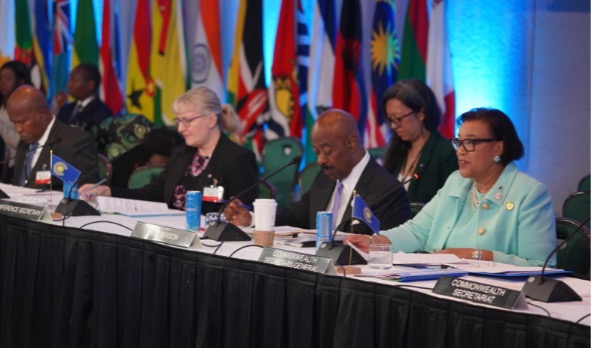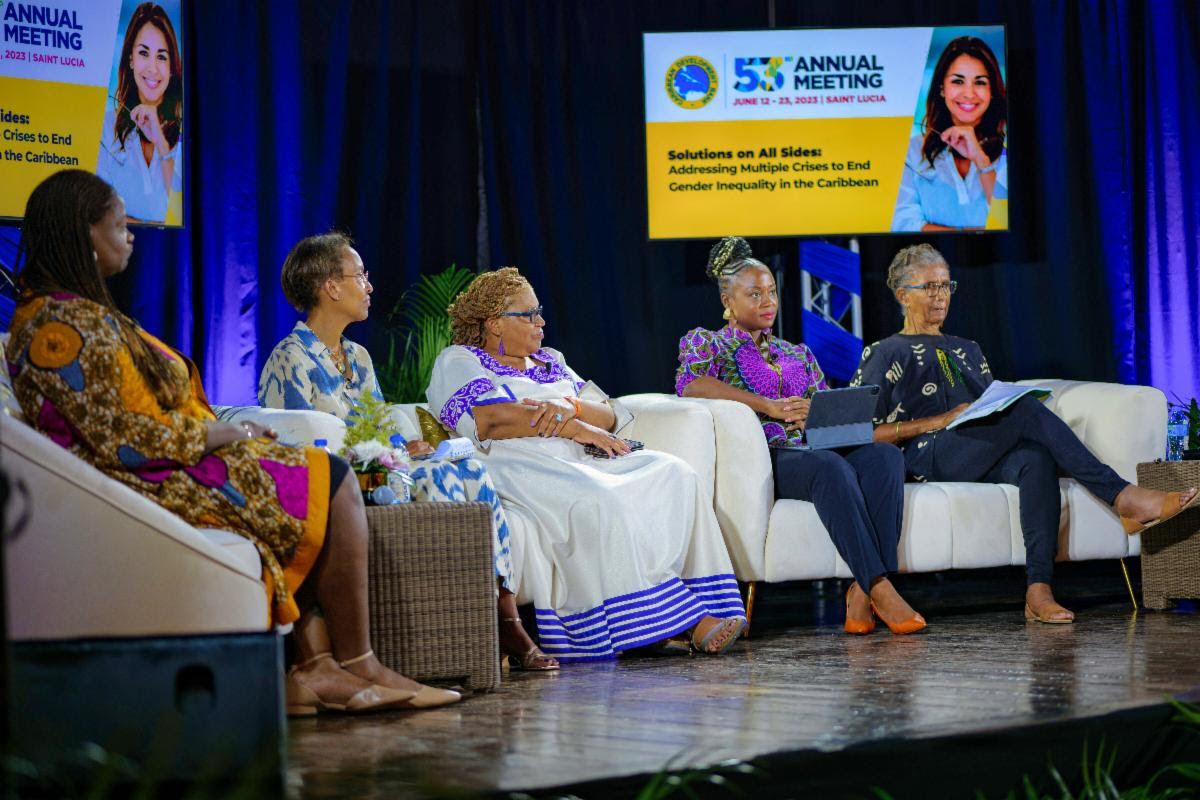This news article is a production distributed through Caribbean News Service. It is made freely available to your media and we encourage publishing and redistribution, giving credit to Caribbean News Service (CNS).
KINGSTON, Jamaica, Apr 13 2016 – University lecturer Cynthia Pitter is calling for the Government to provide assistance to the many Jamaican women who are being battered physically and otherwise by their spouses, especially at a most vulnerable stage in their lives – during pregnancy.
According to Pitter, lecturer at the University of the West Indies (UWI) School of Nursing (Mona), more than a third (36 percent) of the women interviewed during a study she conducted in 2014 disclosed that their spouses had beaten them during pregnancy.
Pitter, who is pursuing doctoral studies at the Institute of Gender and Development at Mona, on Monday shared some insight into the frightening incidents of violence against women who were patients at two major Corporate Area hospitals.
According to her, the many disturbing stories of abuse recounted by the 277 women pointed to alarming issues of domestic violence deeply rooted in local cultural norms, a practice that has been accepted as normal by family members and close relatives.
“When you interview a 22-year-old (victim) and she tells you she has been living with her boyfriend for the last seven years and members of the community know about it, that speaks a lot to the culture of silence, which we have allowed to become the norm,” said Pitter.
“There was a 19-year-old in particular who told me that her mother advised her to date older men because she (the mother) wants to ensure that when she dies, there will be someone to take care of her. These are some serious cultural issues that we have to break.”
The lecturer lamented: “Some 48 percent of them were living in common-law relationships, and about 35 percent of them were in a relationship less than a year. We also saw where 70 percent of the pregnancies were unplanned, while 48 percent of them were unemployed. What stood out for me however were the cultural norms that are so heavily embedded in the society and which are huge contributors to some of the problems we face.”




